When someone asks, 'How are you?' There seems to be one answer..
'Tired.'
Sometimes we zhuzh it up with theatrical modifiers: 'So tired.' 'Knackered.' 'Exhausted, actually.' 'Running on fumes.' 'Like, existentially tired.' My own personal modifiers alternate between 'not too shabby' and 'fine for [insert day here]'.
But the message is the same. We are all drained.
It's not just you. It's not just me. It's all of us.
And it really doesn't feel like it's going to change any time soon, does it?
Time is an elastic, trickster god during short work weeks, stretching Tuesday into what feels like three consecutive Mondays stacked in a trench coat. There's something cosmically unfair about how a four-day week somehow contains seven days' worth of stress compressed like one of those lumpy, vacuum-sucked travel bags.
Our brains keep doing this glitchy thing where it simultaneously thinks 'It's already Wednesday!' and 'It's only Wednesday?' at the exact same moment. Each hour before freedom expands like the scene in Inception where time keeps slowing down the deeper you go.
Everything is an ecosystem these days, and the exhaustion ecosystem is vast and cavernous - just like our 3pm yawns on a Thursday afternoon.
Our professional lives? A hellscape that would make even Dante say 'um, that's a bit much.' The Slack notifications ping with the relentlessness of the 'shame' bell from Game of Thrones. The emails marked URGENT, the meetings that should have been emails, and the emails that should have been Slack messages. And for what? We're not saving lives here. And yet, this insane culture of artificial urgency makes it feel like we are. Intense productivity metrics require us to transcend the space-time continuum like Doctor Strange, without the cool cape or any actual superpowers. Add to the mix the constant, low-grade anxiety that we are not doing enough, not doing things fast enough or good enough, even though we are doing more than us capitalist-coerced humans have ever done before.
Our personal lives? A bottomless pit of adulting to-do lists that reproduce faster than Gremlins after midnight. The mental load of remembering birthdays, doctor's appointments, fixing that weird noise the refrigerator started making last Tuesday after not changing the filter for 17 months.
Our political reality? Like being stuck in the Bad Place with Michael resetting the timeline over and over again. Our collective trauma response is now just scrolling through apocalyptic headlines with the dead-eyed stare of a White Walker while waiting for our coffee to brew. Each day brings a fresh hell, and we process it all with the emotional bandwidth of a dial-up modem.
Our social lives? Well, they exist in a paradoxical state of being both over-scheduled and unfulfilled. Making plans feels like solving one of those impossible NYT Connections, and then we end up sitting on our friend's couch, still with our phones in hand, often too depleted to generate actual, deep conversation. There's the profound, aching isolation that somehow coexists with social exhaustion. We crave human connection, but the thought of putting on a persona that resembles a functional human being feels impossible most days.
We miss who we used to be. Someone who could go out on a Tuesday night and still function the next day. The one who said yes to every invitation, who had the energy to maintain dozens of friendships, who could have deep conversations until 3am. Was it real? Or were we running on the fumes of youth and blissful ignorance? Now it's bed by 9:30pm, seeing close friends twice a year, and watching the same show as someone else, texting about it in real-time.
It's like we've become those inflatable tube men outside car dealerships, flailing wildly while simultaneously deflating. We want to send out a search party for our social lives, but we're too tired to organise it and too anxious to attend it. Phoebe Bridgers sums it up pretty well: 'I'm playing dead, and it's exhausting.' The group chat that once buzzed daily now only regains a pulse when someone shares a meme that depicts our collective tiredness.
Our minds? On strike.
Our bodies? In full rebellion like the districts in The Hunger Games.
Our mental health? Anxiety and depression take turns at the wheel, sometimes tag-teaming to create a special cocktail of 'everything is terrible and there is no escape.' Therapy helps, when we can afford it and muster the energy to go. Through it all, we're supposed to have perfectly calibrated emotions at all times. Crying is unprofessional, but not showing enough empathy means we're cold. Being passionate means we're 'a lot' but not being passionate enough means we don't care.
The older we get, the more we realise that our collective fatigue is not an accident. We're tired by design.
Our exhaustion is deeply political.
Late-stage capitalism doesn't want well-rested, clear-thinking humans with boundaries and support systems. It wants exhausted workers too tired to question why they're checking emails at 9pm. It wants consumers too drained to resist the siren call of one-click convenience. It wants citizens too burnt out to organise.
When we're barely keeping our heads above water, we don't have the energy to imagine, let alone build, a better boat.
We doom scroll, feel guilty for doom scrolling, then doom scroll some more because staying informed feels like the bare minimum of civic responsibility. We donate what little we can spare knowing it's a drop in an ocean of need. We repost infographics and sign petitions, actions that feel simultaneously necessary and woefully inadequate.
The bar for being 'functional' has risen to such absurd heights that we're all essentially trying to be Olympians of existence without any of the training, support, or medal ceremonies. Just the pressure and the protein shakes.
Society has created this bizarre binary where we are either functional (productive, consistent, resilient, adaptable) or dysfunctional (lazy, unmotivated, unstable, rigid). There's no room for the messy spectrum of human existence between these extremes.
The world loves to conflate differences with deficiencies.
There's this persistent belief that if we can't function in a system that was never designed for us, we're the problem. Not the unreasonable expectations. Not the lack of accommodations. Us.
What if the real dysfunction lies in a society that demands conformity to such a narrow definition of productivity and success? What if we just stopped pretending we're fine? What if we acknowledge that being perpetually exhausted isn't normal, natural, or necessary?
The pressure to conform - to wake up at the same time, work the same hours, socialise in the same ways - strips us of the very things that make us individuals, that allow us to contribute perspectives and solutions that couldn't come from anyone else.
This isn't about 'it gets better' platitudes or Instagram-friendly self-care that just becomes another thing on our to-do list. This isn't about 'manifesting' our way out of systemic problems. This is about naming the thing that's crushing us. About the solidarity in saying 'I feel it too' when someone admits they're running on empty. About acknowledging that sometimes, just making it through the day has to be a win.
We need to give ourselves permission to be tired. To say it out loud like Fleabag breaking the fourth wall. To not have a solution or a silver lining ready to go, to just be. Being tired isn't a moral failing or a character flaw requiring a redemption arc. It's a completely rational response to the irrational demands of modern existence.
We can find something powerful in the simple act of not pretending. When someone asks how we're doing, instead of giving the standard 'living the dream' with all the enthusiasm of April Ludgate working at the Parks Department, just say, 'Actually, I'm f*cking exhausted to my bones.' Who knows, it might be as liberating as Phoebe Buffay deciding she didn't need to run like a normal person and just let herself flap it out.
Honesty creates space for solidarity, not in toxic positivity TikToks or hustle culture quotes. Listen for the echo of recognition, the sigh of relief that comes from being seen and heard. That solidarity is as comforting as the opening notes of your favourite 90s sitcom theme song.
Because sometimes acknowledging our collective exhaustion is enough. Sometimes naming the thing is enough. We don't need to solve the impossible puzzle like we're contestants on Squid Game. We just need to sit in the truth that we're all running on empty.
That's human. That's real.
And real is enough.
who wrote this?
Meet Toyah - the arts and culture champion who's out here proving that robots haven't taken over (yet). While she's casually collecting leadership titles like they're vintage band tees, her real superpower is making the arts and culture accessible to everyone. Armed with a Masters degree and scholarships from fancy business schools in Melbourne and London, she's become the go-to voice for shaking up the cultural scene. Her motto? ‘Humans not robots’ - because let's be real, when was the last time AI wrote a symphony that made you cry?
Growing up, Latoyah discovered that art wasn't just for gallery walls and concert halls - it's the stuff that makes life actually worth living. Now she's taking that childhood obsession and turning it into a full-blown mission to make sure everyone gets their slice of the creative pie, regardless of their story. When she's not busy being an actual boss, you'll find her dropping knowledge bombs at local and international conferences, teaching the next gen of culture warriors at Melbourne's top unis and dropping feminist explorations over on her Substack. Think of her as your arts accessibility and community queen but make it human.

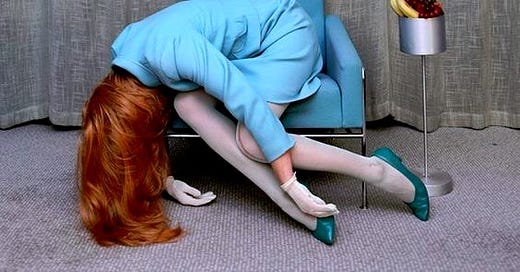

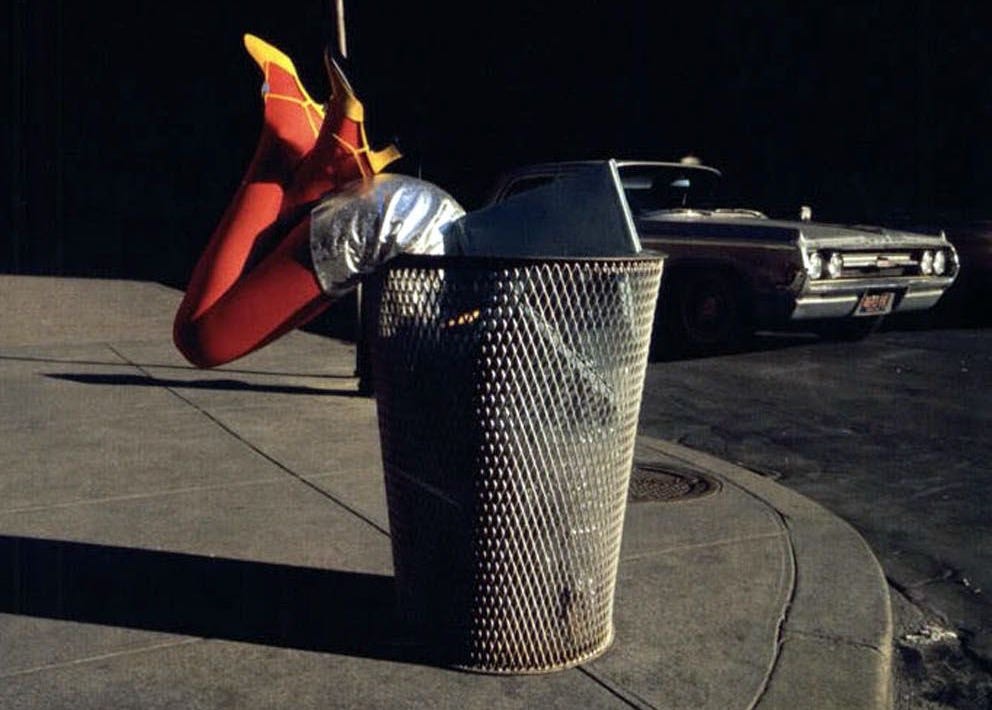

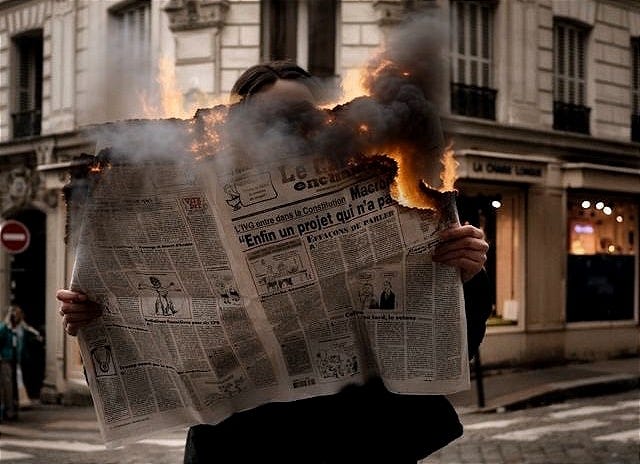
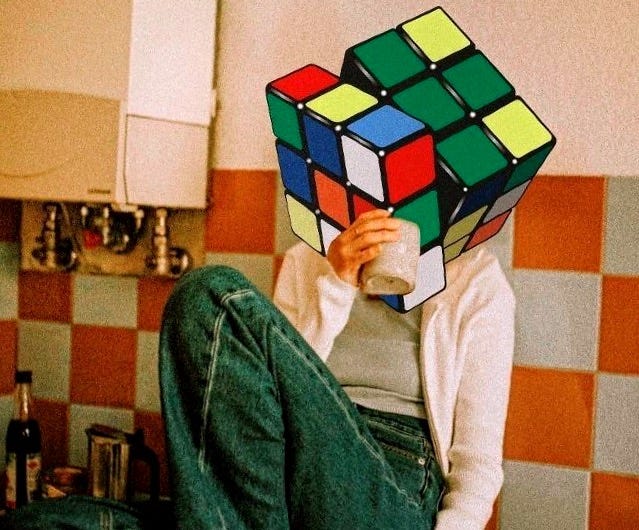
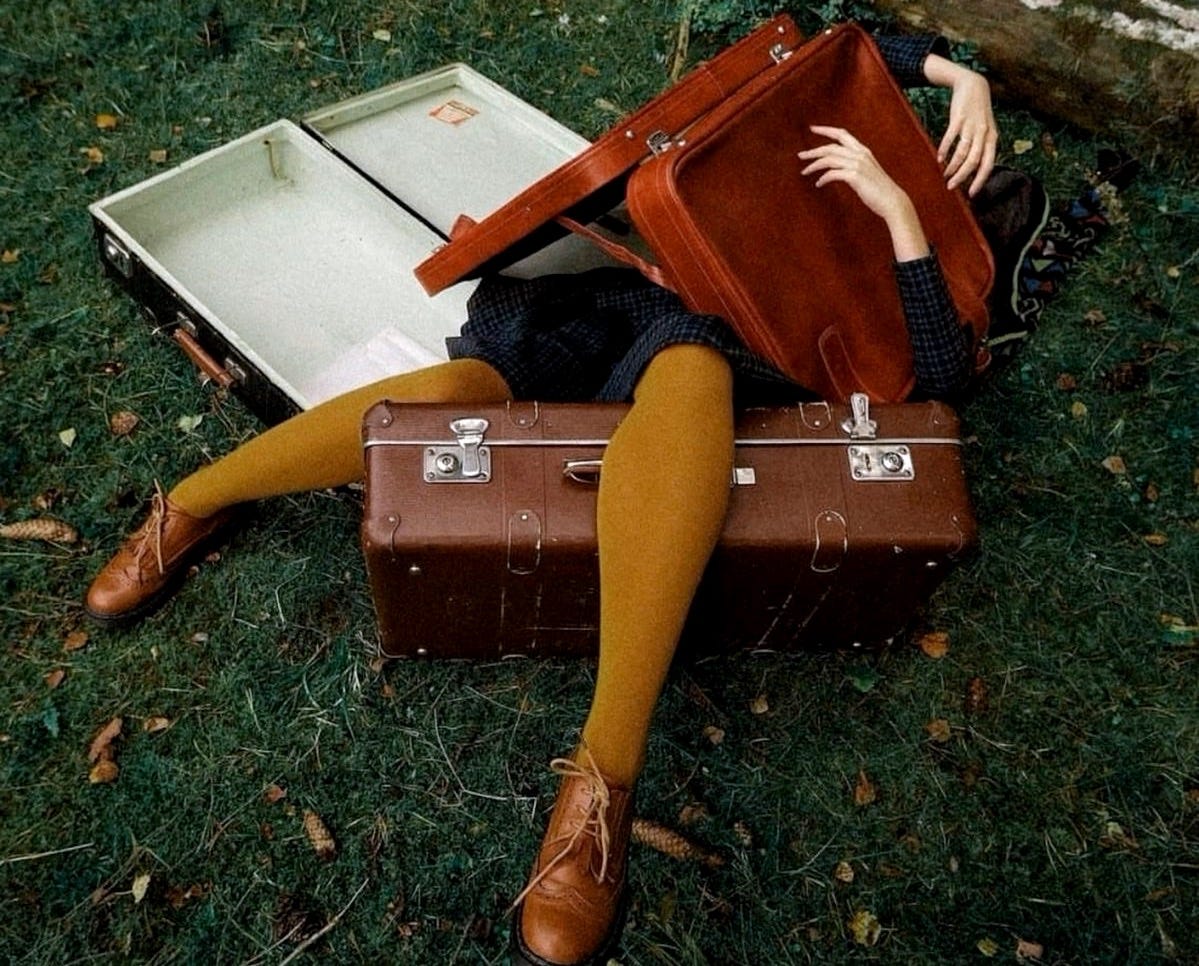

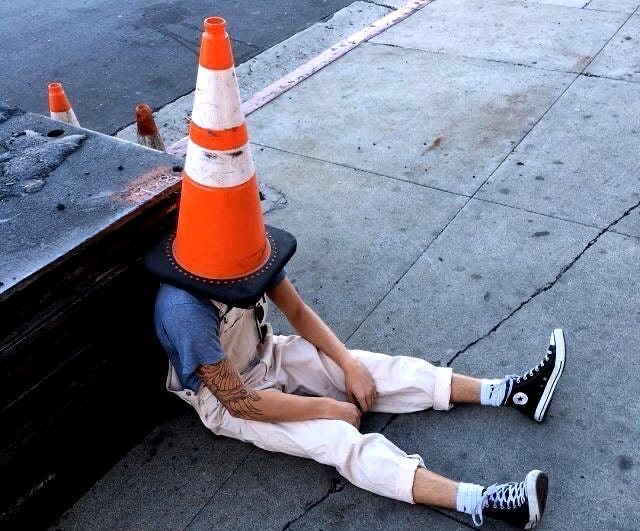



It’s like you looked in my head and expressed in words, what I feel, what I’ve been feeling, that I can’t. Thank you x
Needed to hear this today, so thank you